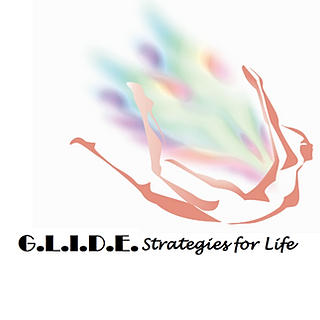How Emotionally Focused Therapy Nurtures Secure Attachment
- Stephanie V. Straeter
- Apr 24, 2024
- 2 min read
Emotionally Focused Therapy (EFT), whether applied in individual, couples or family therapy, is a powerful approach for fostering secure attachment - the foundation for emotional well-being and fulfilling relationships. Drawing from attachment theory, EFT recognizes that we all have an innate need for secure, dependable bonds with others. However, early experiences of inconsistent care, mis-attunement, or loss can leave us with attachment insecurities that manifest in our adult relationships.
For individuals, attachment insecurity often leads to difficulties trusting others, regulating emotions, and achieving a stable sense of self-worth. In couples, differing attachment styles can fuel chronic disconnection and conflict, with partners getting trapped in cycles of criticism and defensiveness or withdrawal and pursuit. The EFT therapist helps individuals and couples understand these patterns through an attachment lens and guides them, step by step, into new bonding experiences.
Through cultivating a secure therapeutic alliance, the EFT therapist provides a corrective emotional experience that challenges long-held expectations of abandonment or rejection. Therapist and client collaborate to identify, explore, and reprocess unmet attachment needs driving maladaptive behaviors. As the client viscerally experiences the therapist's attunement and acceptance, they gradually internalize a more secure attachment model.
In emotionally focused couples therapy, partners learn to perceive each other's reactive surface behaviors as expressions of underlying attachment fears and longings. The therapist helps the couple access and share these vulnerable emotions, fostering empathy and interdependence. Partners who once attacked or shut down begin to risk reaching for each other and responding with comfort and reassurance.

An individual may develop more fulfilling friendships as they assert needs and set boundaries. A couple may navigate conflicts with greater emotional openness and resilience.
Ultimately, EFT aims to rewrite the stories we carry about ourselves and others. Through moment-to-moment shifts in therapy, it challenges core beliefs like "I'm unlovable" or "Others can't be trusted." Over time, a more internalized sense of worthiness and trust in others' dependability takes root. With a more secure attachment style, we can approach life with the confidence that we are capable of both giving and receiving love fully.
















































Comments